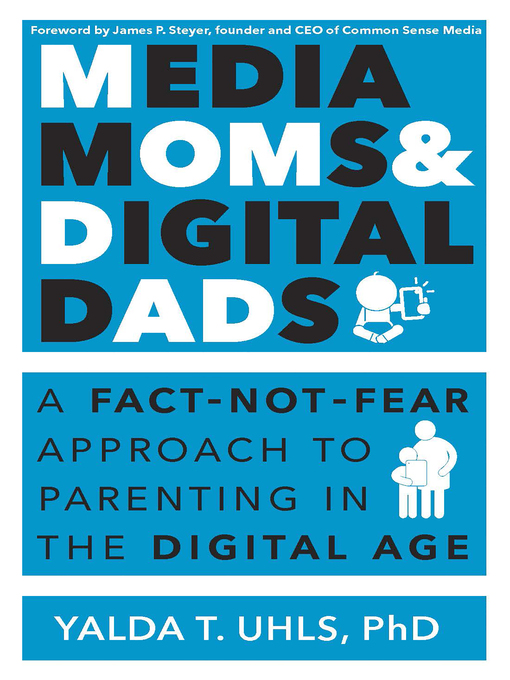- eBooks - Available Now!
- Must Read Adult Fiction - Available Now!
- Must Read Adult Nonfiction - Available Now!
- Just Added - eBooks
- Just Added- Adult Fiction ebooks!
- Just Added - Adult Nonfiction eBooks
- Unlimited Reads for Adults
- See all
- Audio-Available Now!
- Must Listen Adult Fiction - Available Now!
- Must Listen Adult Nonfiction - Available Now!
- Just Added - eAudio
- Just Added - Adult Fiction Audio
- Just Added - Adult Nonfiction Audio
- Unlimited Reads for Adults
- See all
- Health & Fitness
- Business, Finance, News & Politics
- Crafts & Hobbies
- Science, Tech & Gaming
- Celebrity & Pop Culture
- Outdoorsy & Travel Magazines
- Family & Parenting
- Food & Cooking
- Artsy Magazines
- Cars & Motorcycles
- Hunting & Fishing
- Comics & Manga
- Kids & Teens
- See all

